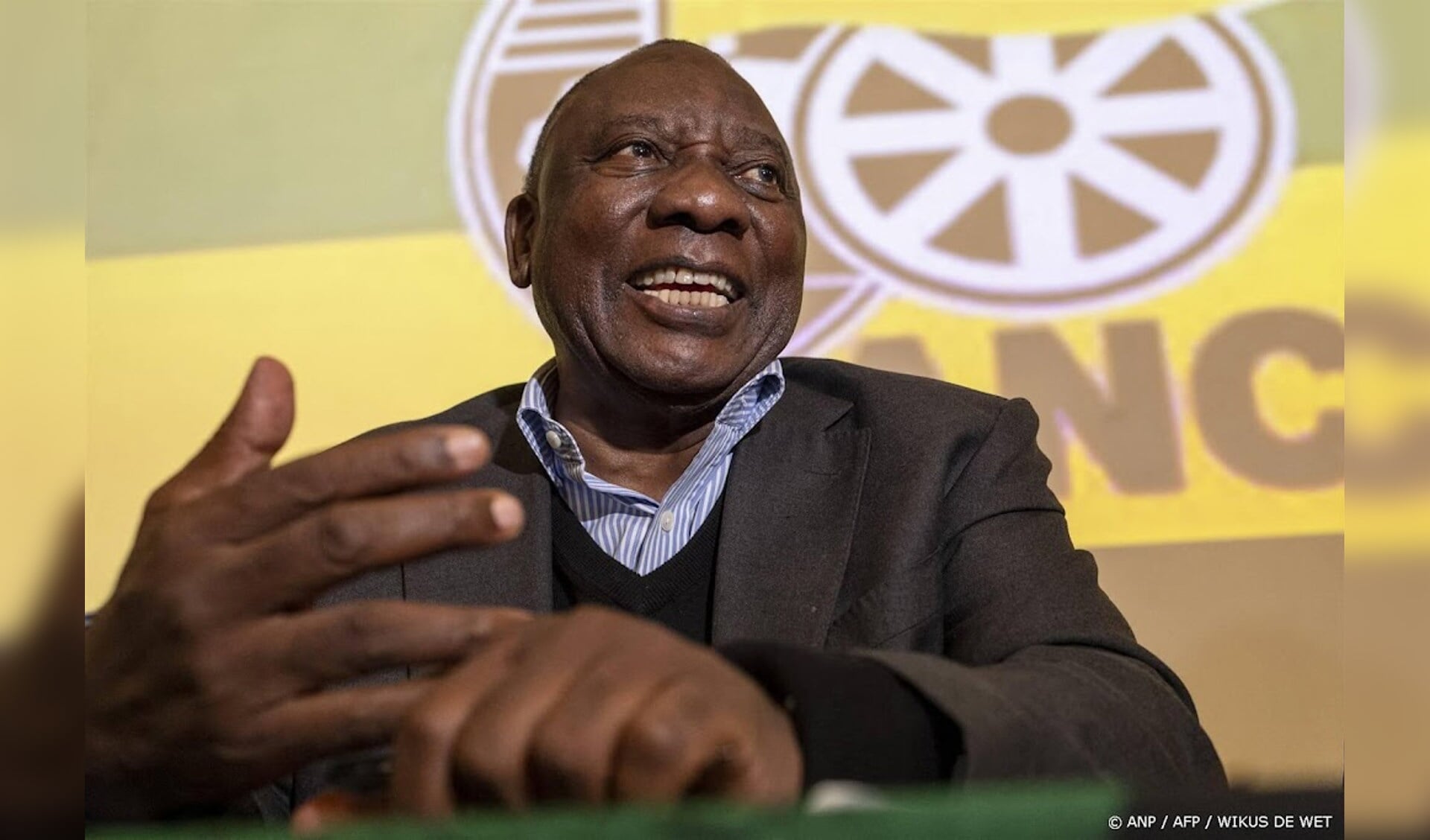
According to Mbalula, the coalition partners include the formerly main opposition party to the ANC, the Democratic Alliance (DA), the Zulu nationalist party, the IFP, a small centre-left party, the United Democratic Movement, and the small party of right-wing white Afrikaners, the Freedom Front Plus (FF+). According to Mbalula, even more small parties in parliament have agreed to support the unity government under certain conditions. There are eighteen parties in the Cape Town parliament.
Radical left parties do not appear to have agreed with the ANC’s government plans and do not participate in the national unity government led by that party. The new parliament will convene on Friday and President Cyril Ramaphosa is expected to retain his position as head of state for another term. The four-hundred-member parliament is expected to elect him president by a majority.
The ANC has ruled for thirty years and the country suffers from violent crime, frequent power outages, the loss or malfunction of many public services and great economic inequality. The ANC also had to deal with a bitter dispute between the party and Ramaphosa’s predecessor, former president Jacob Zuma, in the election. He strayed after corruption scandals but harbors a grudge against the ANC. He made a political comeback in the last election through a quickly established left-wing party, MK, which immediately became the country’s third-largest party with 14.6 percent of the vote.





